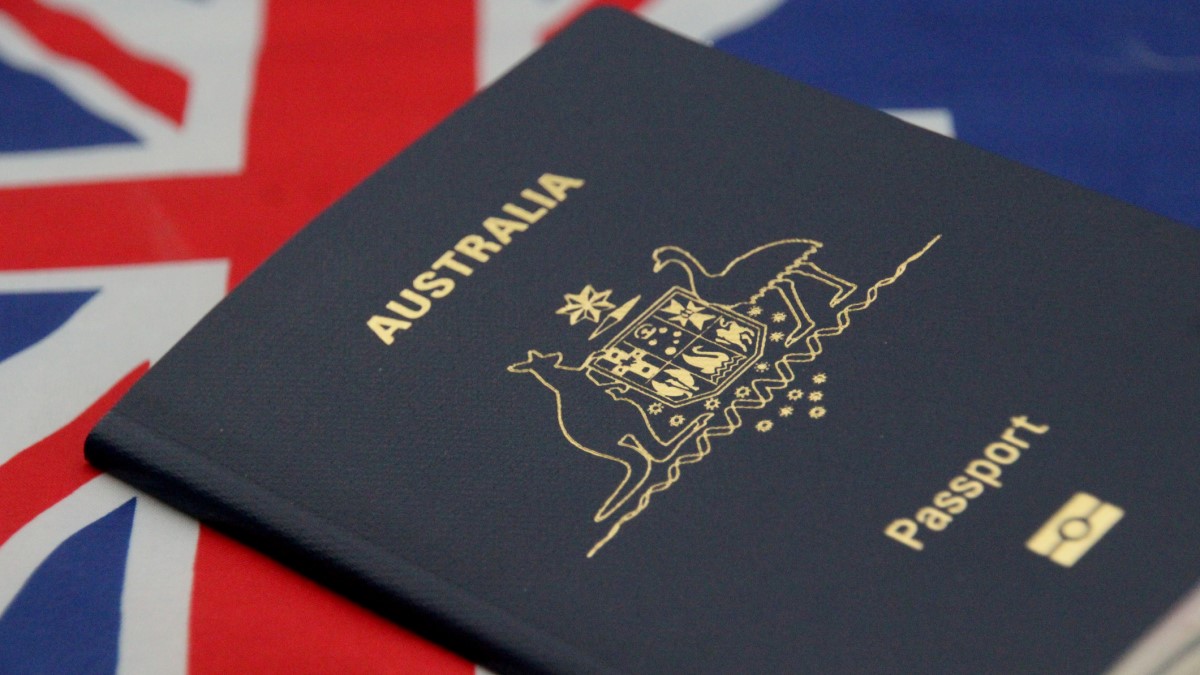
Proposed visa changes in Australia have sparked outrage from refugee and migrant communities, who fear being separated from loved ones. The legislation, currently under Senate inquiry, could potentially blacklist entire countries based on their cooperation with deportations.
Key points of the proposed law
Under the proposed migration amendment (removal and other measures) bill, which is currently under scrutiny in a six-week Senate inquiry, Australia could implement travel bans on countries that refuse to accept the forcible return of their nationals. The new legislation introduces several key changes, including…
1. Criminalizes non-cooperation with forced removal: Non-citizens refusing to cooperate with deportation face imprisonment (1-5 years) and fines exceeding $90,000. Exemptions apply to refugees facing persecution in their home country.
2. Government power to blacklist countries: The bill grants the government the power to designate any nation as a “removal concern country” if it refuses to accept deported citizens. This could lead to a complete visa ban for citizens of that country.
This move, if enacted, could significantly affect applicants from countries like Russia, Iran, Iraq, South Sudan, and possibly others unnamed by the government.
Concerns and Criticism
The proposed legislation has sparked widespread condemnation, with migrant groups denouncing it as “appalling” and likening it to a “Trump-style travel ban” by the Greens.
Furthermore, Critics of the proposed travel ban raise several concerns, including the potential for family separation and discrimination against migrants.
- Family separation: Refugee and migrant advocates fear this law will permanently separate them from families and friends in these blacklisted countries.
- Discrimination: Critics like Betia Shakiba, an Iranian refugee lawyer, argue this bill unfairly targets entire communities based on the actions of their governments.
- Unintended consequences: Experts warn the travel ban could lead to a rise in irregular migration attempts via dangerous methods. Additionally, targeted countries might retaliate, harming bilateral relations.
Government’s Perspective
The Australian government argues that the new law is necessary to improve deportation efficiency and pressure uncooperative countries.
-
- Improved deportation efficiency: The government argues this law will streamline deportations by pressuring uncooperative countries to accept their citizens.
- Ministerial discretion: The Home Affairs Department claims the power to blacklist will primarily be a diplomatic tool, with the option to exempt individuals or entire groups from the ban.
Conclusion
Australia’s proposed visa changes have stirred controversy and sparked debates on various fronts. As the legislation undergoes scrutiny in the Senate, the implications of such measures on migrant communities, diplomatic relations, and humanitarian principles remain subjects of intense scrutiny and discussion.
